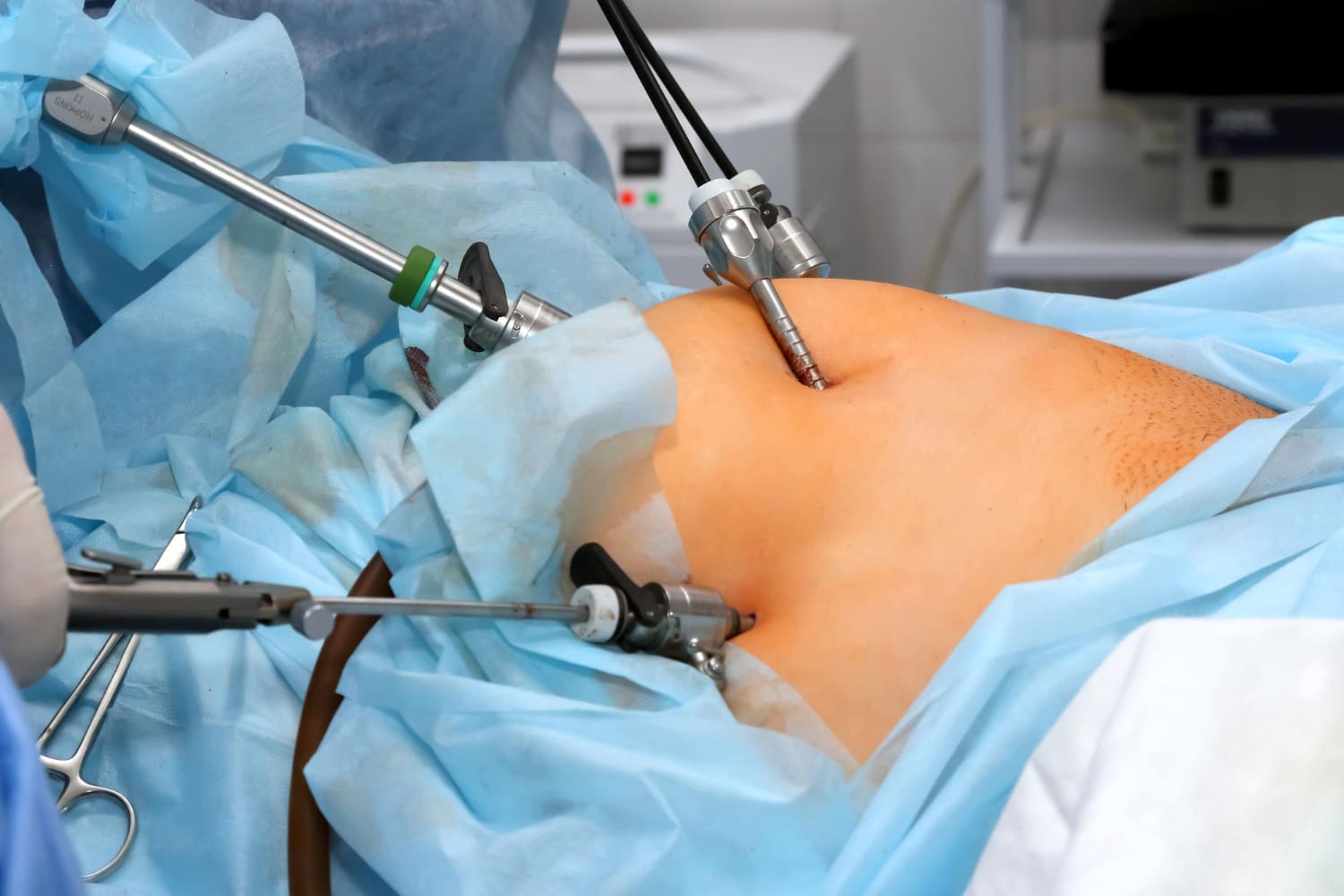Bariatric surgery, often referred to as weight-loss surgery, has become an increasingly popular solution for individuals struggling with obesity. This type of surgery is designed to help those who have tried traditional weight-loss methods, such as diet and exercise, but have been unsuccessful in achieving significant, long-term results. By altering the digestive system, bariatric surgery assists in both limiting the amount of food one can consume and reducing nutrient absorption.
Types of Bariatric Surgery
There are several types of bariatric surgery, with the most common being gastric bypass, gastric sleeve, and lap band procedures. Each of these surgeries operates differently, but they all share the same goal of promoting weight loss by restricting food intake. Gastric bypass is one of the most commonly performed procedures and involves rerouting the digestive system, while the gastric sleeve procedure involves the removal of a portion of the stomach. The lap band procedure, on the other hand, uses an adjustable band to reduce the stomach’s size.
How Bariatric Surgery Works
Bariatric surgery fundamentally changes how the body processes food. By shrinking the stomach, these procedures limit the amount of food that can be consumed at one time, making patients feel full more quickly. Some surgeries also alter how food is digested, reducing the amount of calories and nutrients absorbed by the body. The impact of this reduced intake and absorption is often rapid and substantial weight loss, especially in the months following the surgery.
Benefits of Bariatric Surgery
Bariatric surgery can result in dramatic weight loss, significantly improving quality of life and reducing the risk of obesity-related diseases like type 2 diabetes, heart disease, and sleep apnea. Many patients find that their energy levels increase, their mobility improves, and their mental health benefits from these changes. Beyond physical health, bariatric surgery can boost self-esteem and confidence, leading to a more active and fulfilling lifestyle.
Risks and Considerations
As with any surgical procedure, bariatric surgery carries risks. Potential complications include infections, blood clots, and nutrient deficiencies due to changes in digestion. Recovery can take time, and patients must commit to significant lifestyle changes, such as following a strict diet and exercise plan, to maintain the benefits of the surgery.
Conclusion
For individuals struggling with severe obesity, bariatric surgery offers a life-changing solution. While it’s not a quick fix, it can provide the foundation for sustained weight loss and improved health. If you’re considering this option, it’s essential to consult with a healthcare provider to determine if you’re a suitable candidate.







